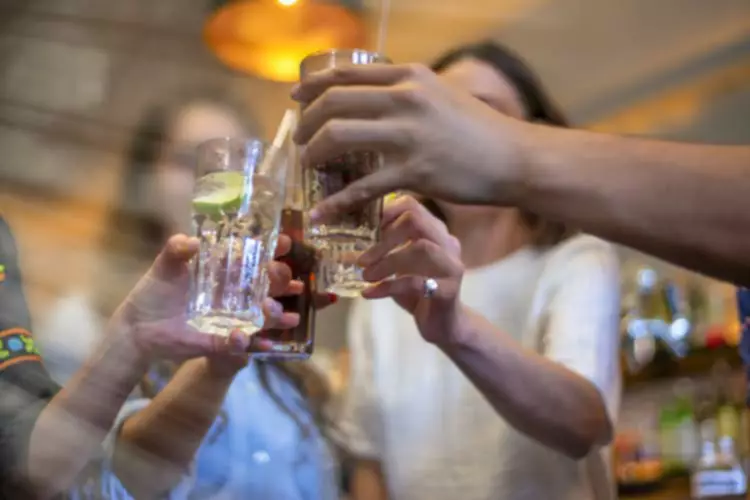
Instead of being dependent on drugs and alcohol, people in recovery may become dependent and addicted to the relationship. Some relationships are constant, like one’s family and long-term friends, and the stability and support that they can provide is a fantastic recovery aid. Conversely, you might need to recognize which relationships are toxic and harming to your recovery and take steps to reduce their impact. It will be helpful to resist the urge to focus on fixing your relationships and keep the focus on making progress in your recovery. As you continue to work on your recovery, your relationships are likely to improve over time.
- The complexities of sober socializing can be amplified in the world of dating, where the pressure to drink is often intricately woven into the fabric of the experience.
- Establishing and respecting boundaries is vital to protect your recovery journey.
- Sobriety brings significant changes to romantic relationships, often leading to improved communication, increased trust, and deeper emotional connections.
- These changes can shatter trust and create a lot of negative emotional experiences in your relationships.
The Therapeutic Relationship: Trusting Your Therapist
Discover Recovery suggests creating a plan that includes coping strategies https://ecosoberhouse.com/ and relapse prevention techniques to strengthen your relationship and recovery simultaneously. Having positive relationships is essential to well-being, whether you struggle with substance abuse or not. While not limited to romantic relationships, research suggests that positive social relationships are critical in maintaining sobriety.
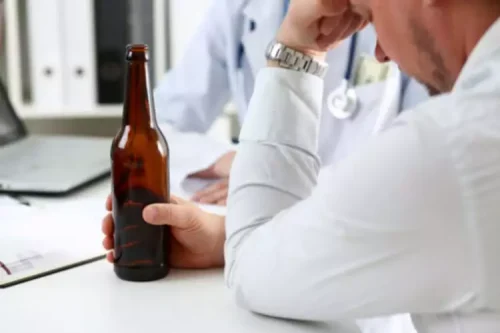
Moving Toward Recovery: How Physical Activity Boosts Your Journey to Wellness
- As loving and supportive as your partner may be, it is a difficult position for them to be in as well.
- This is because rejection can trigger the same thoughts and feelings that in the past may have led to self-medication through the use of drugs or alcohol.
- Recovery openness does not mean revealing every detail but sharing what you’re comfortable with and what your partner needs to know to understand your journey.
Among other things, they must balance their need for human connection with the pitfalls of rushing into intense emotional relationships too soon. Many people become involved with a romantic relationship too early, only to find themselves relapsing or involved in codependency. Extreme emotions–both positive and negative–are common triggers for relapsing. In many cases, addiction is often the result of trying to guard against such feelings in the first place. Romance can sometimes become all-consuming, to the point at which people lose themselves and ignore their goals. During recovery, your primary objective should be to remember who you are, build self-esteem, and avoid relapsing.
- Some people in recovery can handle themselves perfectly well around alcohol and may be hurt if they are not invited places simply because alcohol will be present.
- And this is very good news, because strengthening yourintimate relationship does a great deal to strengthen your support networkagainst relapse.
- It is suggested that people in recovery wait a full year before engaging in romantic relationships.
- Your first year of sobriety will also permit you to develop and practice good positive coping mechanisms and understand how to maintain your emotional stability.
Effective Communication in Recovery
It’s a personal commitment that empowers and equips individuals to handle their emotional landscape better and, in turn, cultivate healthier romantic relationships. Moreover, it’s crucial to understand that a relationship cannot fix or replace one’s recovery journey. Each party must continue their individual growth, fostering self-love and self-care practices. This way, they contribute to a mutually supportive relationship that encourages sobriety and personal development. Cultivating healthy romantic relationships can be a rewarding and challenging test of resilience and commitment to sobriety.
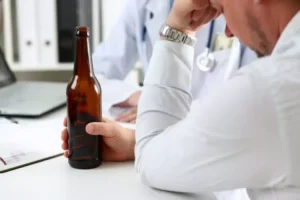
How to Get Help for Drug or Alcohol Addiction
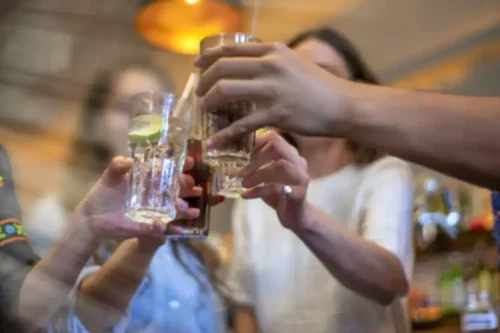
Although a new relationship may be exciting, it’s still a good idea to stick to the behaviors that you know will keep you well. It’s helpful to keep the focus on yourself and your sobriety goals at the beginning of recovery—before exploring the dating world again. Many experts recommend those in early recovery wait at least one year before pursuing a romantic relationship. At Discover Recovery, we work with a wide variety of health insurance providers so those in need can get access to the treatment they need. That means you (or your loved one) won’t have to worry about covering the cost of treatment.
Even a couple ready for a healthy relationship can find they are not aligned with each other’s wants, needs, and goals. For a person in recovery, the choice to date anyone who seems interested makes that lack of alignment more likely. Attracting the right partner becomes more difficult because you’re still unsure of who you are and who you are becoming. While dating can boost a person’s self-esteem, a breakup can seriously affect their physical and mental well-being. Someone who’s already experiencing mental health issues may find their symptoms intensify.
- They may excuse your self-destructive behaviors and write them off as “just a way to cope” with your feelings.
- So if you or someone you know is in need of addiction treatment, Washington’s top option is Discover Recovery.
- For the person living with SUD who feels rejected, Green notes that this isolation can make it more challenging to receive the emotional support needed during recovery.
You need to rebuild your life
There’s a chance that your loved one may not be open to it, depending on your history. The silent struggle of older adults with substance use disorders (SUD) often leads to devastating consequences,… In addition, they may often remind you of moments in your past that don’t serve you to reflect on anymore. These may be embarrassing incidents, legal consequences of your substance use, or traumatic events that will interfere with your work to shape the new sober version of yourself.
Pieces Of Advice For Being In A Relationship With Someone In Recovery
It’s not uncommon for people early in recovery to turn to someone else to have their needs fulfilled, avoid fear and emotional pain, or solve problems. Having an external person validate you, or “fix” you, can be very tempting, but it’s ultimately harmful to your recovery. Recognizing unhealthy patterns in romantic relationships romantic relationships in recovery is a critical step toward cultivating healthier dynamics, particularly for those in the throes of sobriety. Pattern recognition is crucial in breaking destructive behavior cycles and initiating positive change. Understanding and identifying these patterns are necessary to facilitate transformation.
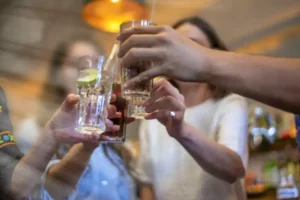
How to Eat Healthy in Recovery: Nutrition for Your Body and Mind
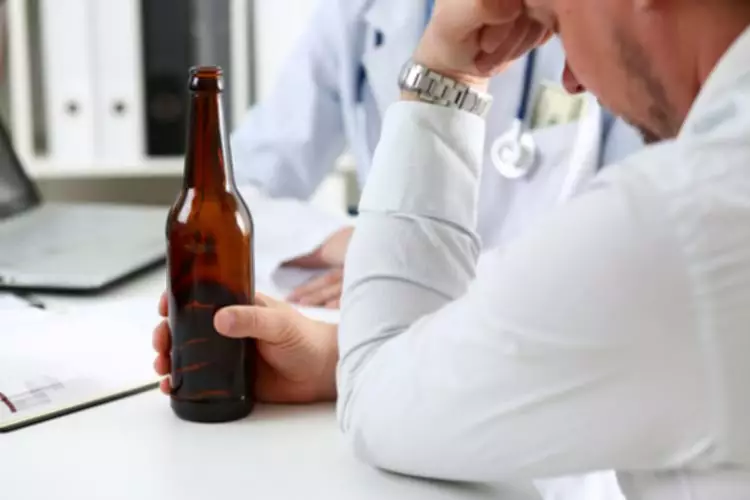
Understanding your triggers is an essential step in managing sober dating, as it equips you with the knowledge and foresight to avoid situations that might lead to temptation. Trigger Analysis involves a deep introspection into one’s behaviors, feelings, and patterns to identify potential pitfalls that can compromise sobriety in romantic relationships. Maintaining sobriety in a relationship is far from a mere personal choice. It is critical for establishing trust, stability, and mutual respect between partners.
Dating someone who knew you before treatment can keep you tied to past behaviors and substance use.
Setting boundaries and maintaining individuality is also vital; this also includes not enabling and seeking help when needed. For example, seeking couples therapy or joint counseling is valuable during recovery. Finally, this also involves developing a relapse prevention plan together. Because of this, there is a strong urge to fix meaningful relationships, romantic ones included; this can often push a person off track.

